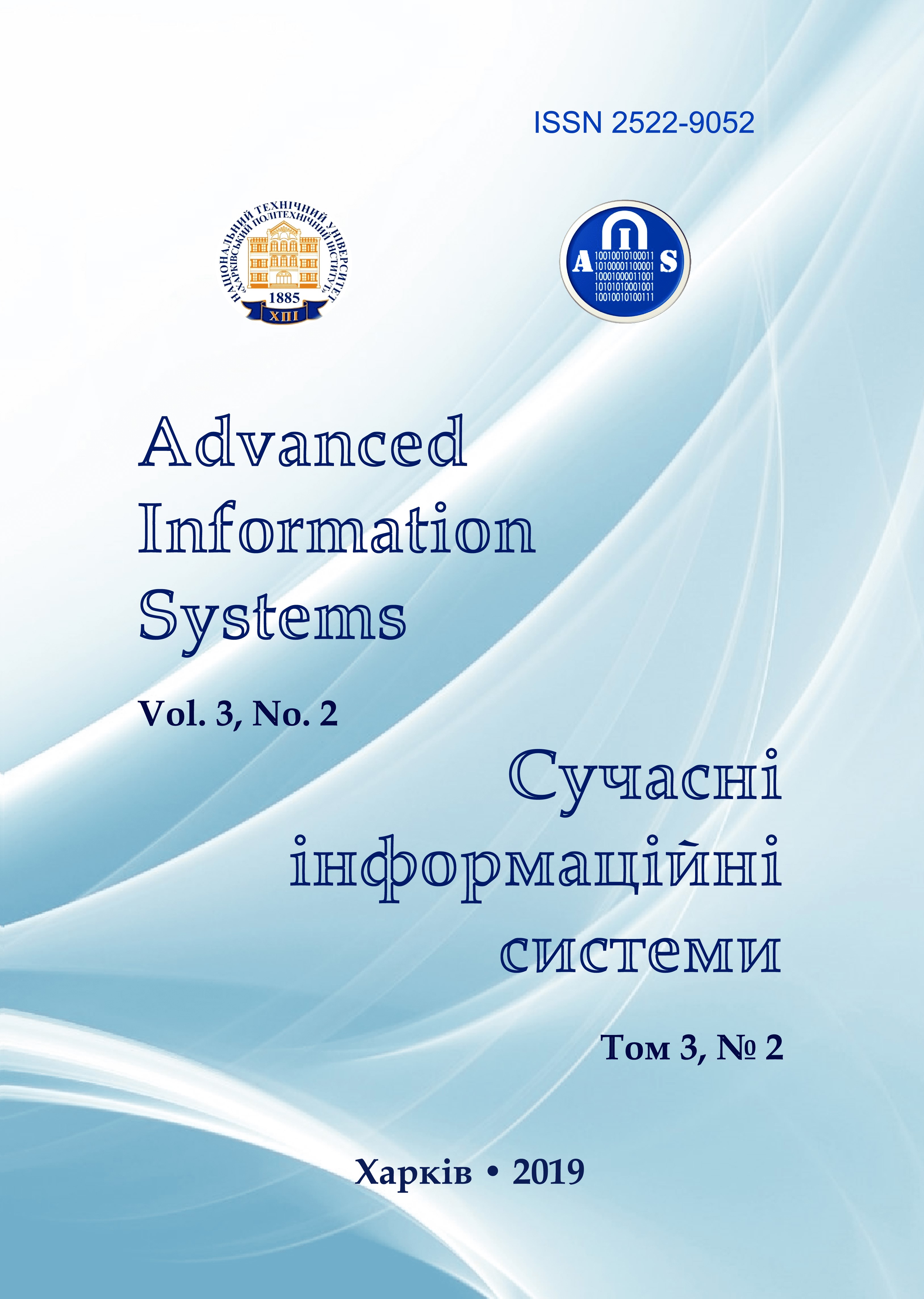Optimal fuzzy controller in the carbonization control system at the soda production
Main Article Content
Abstract
Article Details
References
Miroshnik M.A., German E.E., Kotukh V.G., Zagumennaya E.V. (2015), “Design of artificial intelligence systems with using fuzzy logic”, Radio engineering: All-Ukr. interdep. sci.-tech. collection, Vol. 182, pp. 42-50.
German E.E. (2008), “Current state and development prospects of fuzzy control systems”, Herald of National Technical Uni-versity “Kharkiv Polytechnic Institute”, Vol. 57, pp. 37–44.
Lee C.C. (1990), “Fuzzy Logic in control systems: Fuzzy Logic Controller – Part I”, IEEE Transactions on Systems, Man and Cybernetics, Vol. 20, № 2, pp. 404–418.
Piegat A. (2009), Fuzzy Modelling and Control, BINOM, Knowledge Laboratory, 798 p.
Mamdani E.H. (1974), “Application of fuzzy algorithms for the control of a dynamic plant”, Proceedings of the Institution of Electrical Engineers. Vol 121, № 12, pp. 1585–1588.
Takagi T., Sugeno M. (1985), “Fuzzy identification of systems and its application to modeling and control”, IEEE Transactions on Systems, Man and Cybernetics. Vol 15, № 1, pp. 116-132.
Methods of robust, neuro-fuzzy and adaptive control: Textbook. ed..by Yegupov N. (2002), Bauman MSTU, 744 p.
German E.E. (2010), “Synthesis of hybrid controllers to control of the growing process of large-sized single crystals”, Infor-mation-control systems on railway transport, Vol. 3, pp. 53–56.
Jantzen J. (1998), Design of fuzzy controllers. Technical University of Denmark: Dept. of Automation. Lecture notes,
available at: http://faculty.petra.ac.id/resmana/private/fuzzy/design.pdf.
Fuzzy sets in control and artificial intelligence models, ed. by Pospelov D. (1986), Moscow. Science. 312 p.
German E.E., Gapon A.I., Derbunovich L.V. (2005), “Design methods for fuzzy PID controllers”, Herald of National Tech-nical University “Kharkiv Polytechnic Institute”. Automation and instrument making, Vol. 17, pp. 15-21.
German E.E., Shutinsky O.G., Makovoz O.M. (2016), “The use of a fuzzy controller in a carbonization control system in soda production”, Herald of National Technical University “Kharkiv Polytechnic Institute”. Chemistry, chemical technology and ecology, Vol. 35, pp. 24–27.
German E.E., Zlotov Ye.V. (2018), “Mathematical modeling of the carbonization column in the production of soda ash”, Infor-mation technologies: science, techniques, technology, education, health: abstracts of the XXVI International Scientific and Prac-tical Conference MicroCAD, p.164.
Chen G. (1996), “Conventional and fuzzy PID controllers: An overview”, International Journal of Intelligent Control and Systems. Vol. 1. pp. 235–246.
German E.E., Derbunovich L.V., Beletsky S.V. (2007), “Optimization of fuzzy PID controllers parameters”, Herald of Nation-al Technical University “Kharkiv Polytechnic Institute”, Vol. 36, pp. 3-8.
Dorf R.C., Bishop R H. (2014), Modern control systems, Boston, Prentice Hall, 1082 p.
